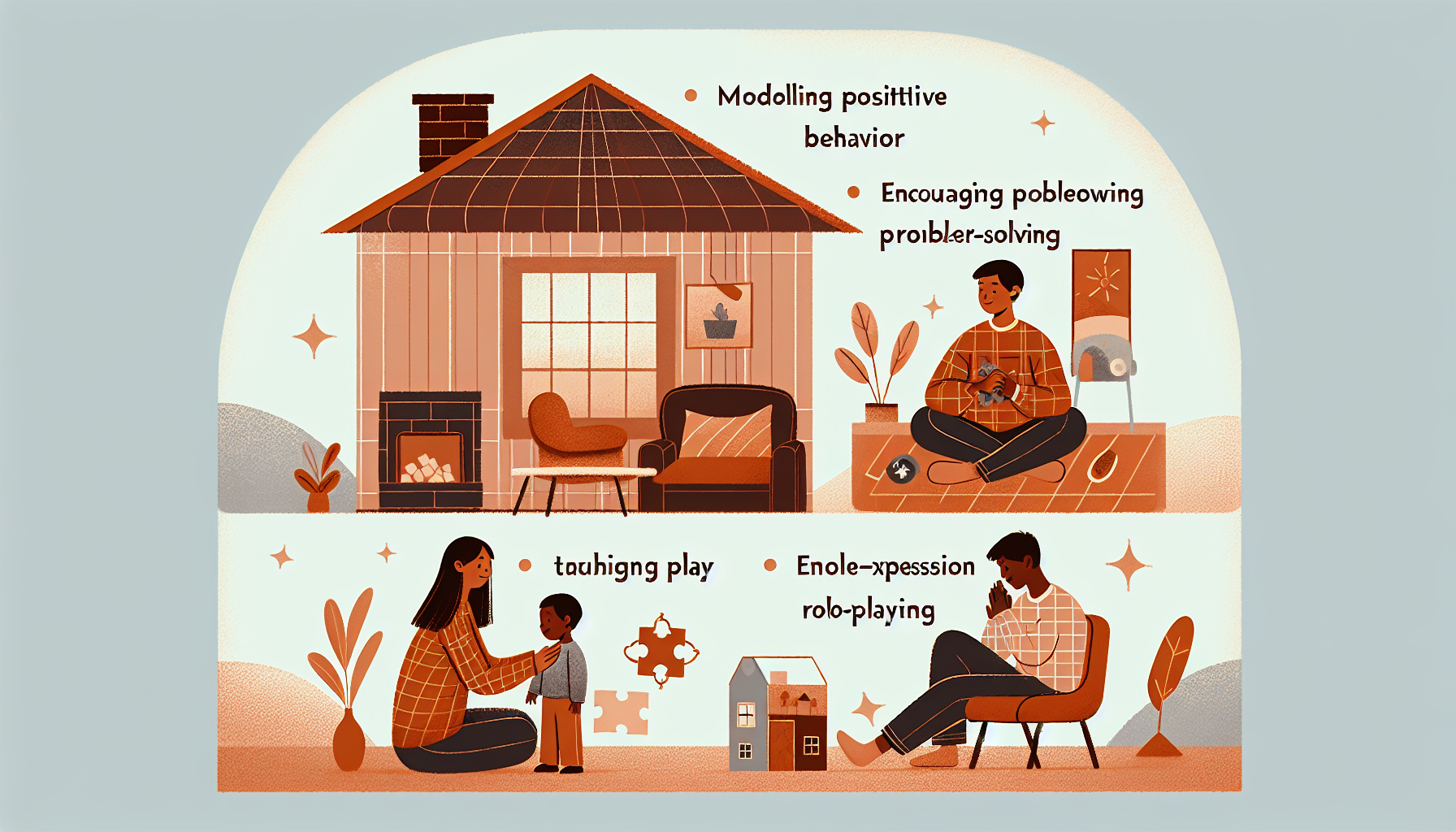Encouraging Children to Develop Social Skills
As parents, one of our most important roles is to nurture our children’s ability to form and maintain interpersonal relationships. In today’s fast-paced, digital world, fostering social skills in children is crucial for their emotional and psychological development. This article will explore effective parenting strategies to help you support your child’s social growth, drawing from the principles of cognitive-behavioral therapy (CBT) and psychological needs.
Main Points
Social skills are the building blocks of healthy interpersonal relationships. They enable children to communicate effectively, empathize with others, and develop a sense of belonging. Research shows that strong social skills in early childhood correlate with better academic performance and emotional well-being later in life.
According to the principles of CBT, children learn social behaviors through observation, imitation, and reinforcement. By understanding and addressing their psychological needs—such as the need for safety, autonomy, and self-expression—parents can create a supportive environment that encourages the development of these skills.
- Safety: Children need a safe and secure environment to explore and engage with others. This includes physical safety and emotional support from caregivers.
- Autonomy: Allowing children to make choices and encouraging independent thinking fosters confidence and decision-making skills.
- Self-expression: Encouraging children to express their thoughts and feelings helps them understand themselves and relate to others effectively.
For a deeper dive into understanding these needs, you can refer to our article on understanding children’s psychological needs.
Practical Recommendations
Here are some practical tips for parents to enhance their children’s social skills:
- Model Positive Behavior: Children learn a lot by observing the adults around them. Demonstrate empathy, active listening, and effective communication in your interactions.
- Encourage Play: Playtime is a natural way for children to develop social skills. Organize playdates or group activities where your child can interact with peers.
- Teach Problem-Solving: Guide your child through conflicts by discussing possible solutions and outcomes. This builds critical thinking and negotiation skills.
- Provide Feedback: Offer constructive feedback on their social interactions. Praise positive behaviors and gently correct inappropriate ones.
- Use Role-Playing: Engage in role-playing games to practice social scenarios. This helps children prepare for real-life interactions.
Conclusion
Incorporating these parenting strategies into your daily routine can significantly enhance your child’s social skills. By prioritizing their psychological needs and providing opportunities for growth, you’re setting the foundation for a lifetime of meaningful interpersonal relationships. Remember, the journey towards social competence is a gradual process, and your support and encouragement are key to your child’s success.
For more insights on fostering social skills in children, visit the Child Mind website.

